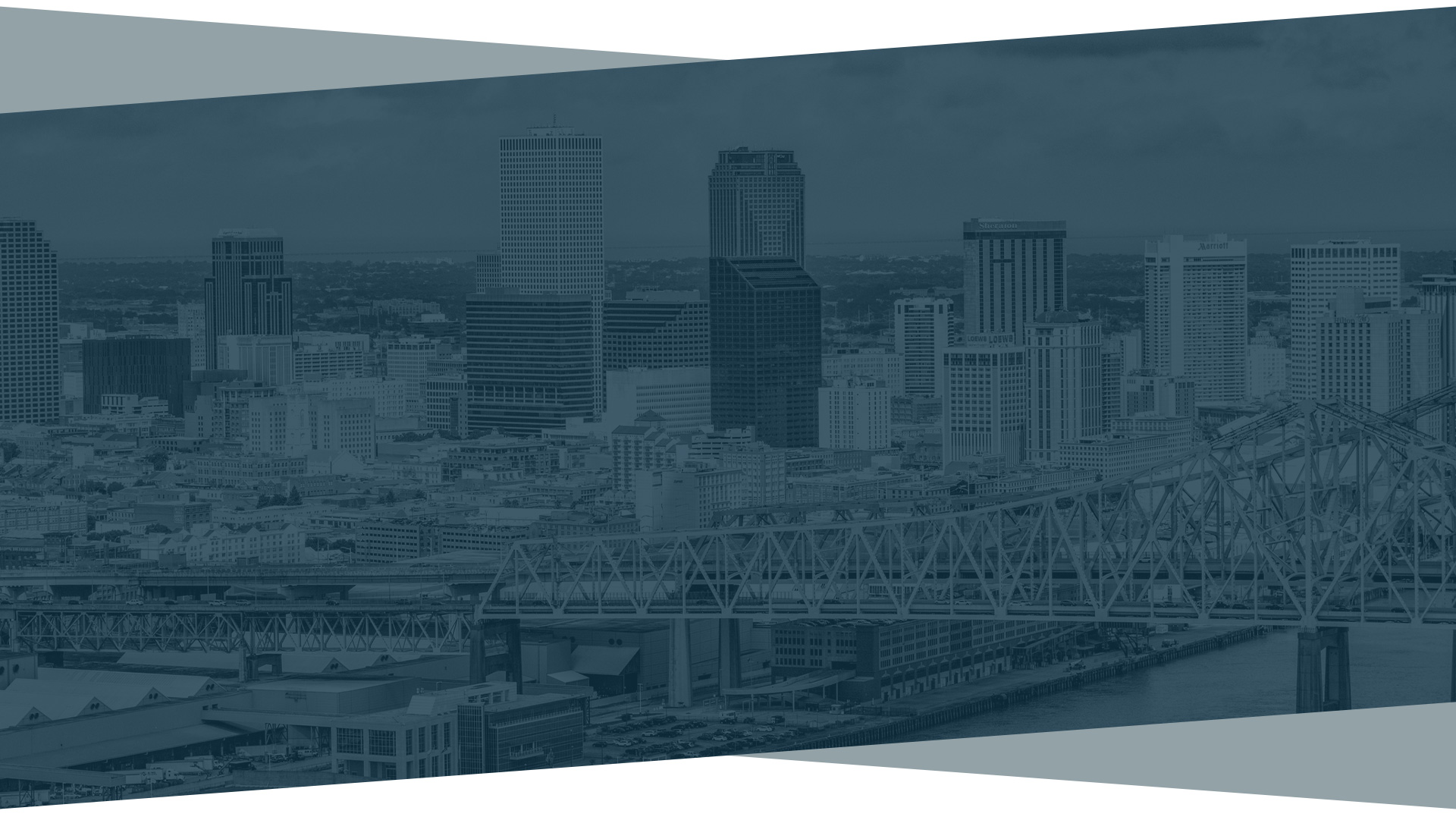
Texas Fire Claim Attorney
Understanding the Fire Damage Claim Process in Texas with a Fire Claim Attorney
Experiencing a house fire is overwhelming. Even items untouched by flames may be ruined by smoke or water damage, and anything salvageable usually needs deep cleaning. Firefighters may break windows or cut through your roof to contain the blaze, leaving your home exposed. Beyond property damage, fire ash can irritate the skin, nose, and lungs—especially dangerous for those with asthma or other respiratory issues.
Restoration timelines vary as well. Minor damage may take weeks to fix, while severe cases can take months or even a year. You rely on your insurance company to help you recover quickly, but they don’t always cooperate. Claims can be delayed, underpaid, or denied, prolonging your hardship when you’re already displaced.
At Gulf Coast Insurance Attorneys, our experienced Texas fire damage claim lawyer fights to help you pursue the full compensation you’re entitled to, helping you rebuild your home and move forward.
Request a free consultation with us by calling (504) 438-4507 our fire claim lawyer in Texas can guide you from start to finish.
How Do Home Fires Start?
According to State Farm, there were 356,500 home fires in the United States in 2020. These fires are often caused by everyday activities or overlooked hazards in the home. Understanding the most common sources can help homeowners take proactive steps to protect their property and loved ones.
The most common casues of fires include:
- Cooking accidents: Unattended food or flammable items (like oven mitts, curtains, or packaging) near stoves can easily ignite.
- Faulty heating systems: Older space heaters without safety shutoffs, unclean chimneys, unscreened fireplaces, and improper use of flammable liquids are major fire risks.
- Hazardous electrical systems: Older homes may have outdated wiring that sparks arc faults. Frayed cords and power surges also pose fire hazards. Warning signs include flickering lights, discoloration around outlets, burning odors, and frequent blown fuses.
- Smoking indoors: Cigarettes not fully extinguished, especially in bed or around medical oxygen, can start fires.
- Holiday fire hazards: Christmas tree lights left on overnight can ignite dry needles and cause fast-spreading fires.

Dedication to Client Success

Proven Track Record Real Results for Our Clients’ Recovery
Our top priority is to devise customized legal strategies that are tailored to the unique legal needs of our clients, no matter how simple or complicated their situations, might be.
-
$416,242.49 Business Property Lawsuit in Orleans Parish
-
$255,000.00 Hurricane Laura Settlement
State Farm Fire & Casualty Insurance Company
-
$245,729.51 Hurricane Laura Settlement
Allstate Insurance Company
-
$192,049.90 Hurricane Ida Settlement
State Farm Fire & Casualty Insurance Company
-
$185,000.00 Hurricane Zeta Settlement
Scottsdale Insurance Company
-
$169,954.06 Hurricane Ida Settlement
Allied Trust Insurance Company
What Types of Home Damage Can a Fire Cause?
Home fires don’t just burn; they leave behind a wide range of damage that can affect the entire structure and everything inside.
Home fires can result in various types of damage, including the following:
- Broken windows: Glass can shatter from the heat of the fire or be broken intentionally by firefighters as they work.
- Flame damage: Fires can destroy walls, ceilings, flooring, appliances, and personal belongings.
- Smoke damage: Even items untouched by flames may be permanently affected by smoke odor or staining, which can be challenging to clean.
- Water and chemical damage: Firefighting efforts can leave behind water damage that can lead to mold, as well as chemical residue from extinguishers that poses lingering health risks.
- Heat-related structural issues: Extreme heat can cause cracks, holes, and hidden structural weaknesses that may compromise the home’s integrity over time, even after surface repairs.
Accurate assessments are vital in making sure that rebuilding efforts address all necessary repairs to restore the property's integrity. No matter the level of damage, addressing these issues promptly is crucial in avoiding further complications and financial losses.



Client Stories See Why Clients Trust Gulf Coast Insurance Attorneys
At Gulf Coast Insurance Attorneys, your satisfaction is our priority! See for yourself what our clients have to say about working with us.
-
"An Attorney Who Truly Cares"Peter was professional, efficient, and truly made me feel supported. He has all the qualities you’d want in an attorney. When in doubt, go with Diiorio!- Loud Dental
-
"Grateful for Exceptional Support"Peter Diiorio did an amazing job on my insurance claim. I truly didn’t know what I would have done without him. Thank you for all your invaluable help!- Gerda M.
-
"A Champion in Challenging Times"I am grateful for Peter Diiorio's exceptional representation in my workers' comp case. His support and expertise truly made a difference during a difficult time.- Krista J.
-
"A Trusted Advocate You Can Count On"Peter is a caring and hardworking attorney who delivers great results. Always available to discuss legal matters, I highly recommend him for any legal needs!- Jon B.
-
"Compassionate & Effective Advocate"Mr. Diiorio’s kindness and dedication brought us swift relief after hurricane damage. An excellent lawyer who truly cares—highly recommend for legal support!- Jerry F.
-
"Hurricane Relief Champion"Peter’s expertise won us the compensation we needed after Hurricane Ida. He’s an amazing lawyer—highly recommend him for any legal help!- Leo G.
What Fire Damage Will My Insurance Cover?
Homeowners insurance usually helps pay for repairs to your home and typically covers unattached structures on your property as well as some of your belongings. The dwelling coverage under your homeowner’s insurance policy covers your home and attached structures, such as your garage. If your home is uninhabitable following the fire, your insurance may cover expenses associated with living away from home while it is being rebuilt, including hotel and restaurant expenses.
“Other structures” coverage helps pay for damage or destruction of structures not attached to your home, such as sheds, greenhouses, detached garages, and fences. Your personal belongings are generally covered up to a certain amount. This coverage would pay for damaged or destroyed personal items, including furniture, appliances, clothing, musical instruments, electronics, jewelry, etc. It is important to periodically review your coverage amount to ensure you have sufficient protection in the event of a fire or other home disaster. Some homeowner policies also cover landscaping, reimbursing you for some or all of the value of trees and shrubs.



